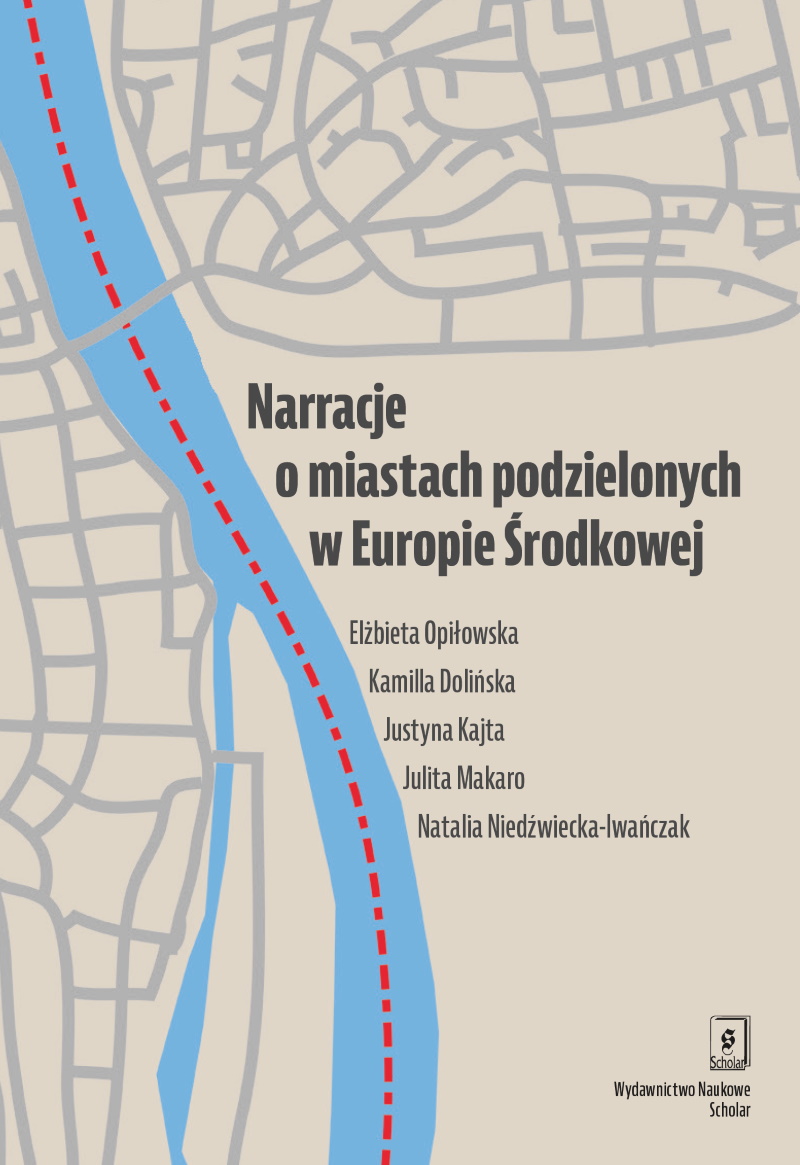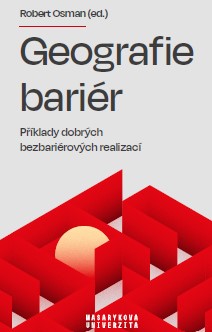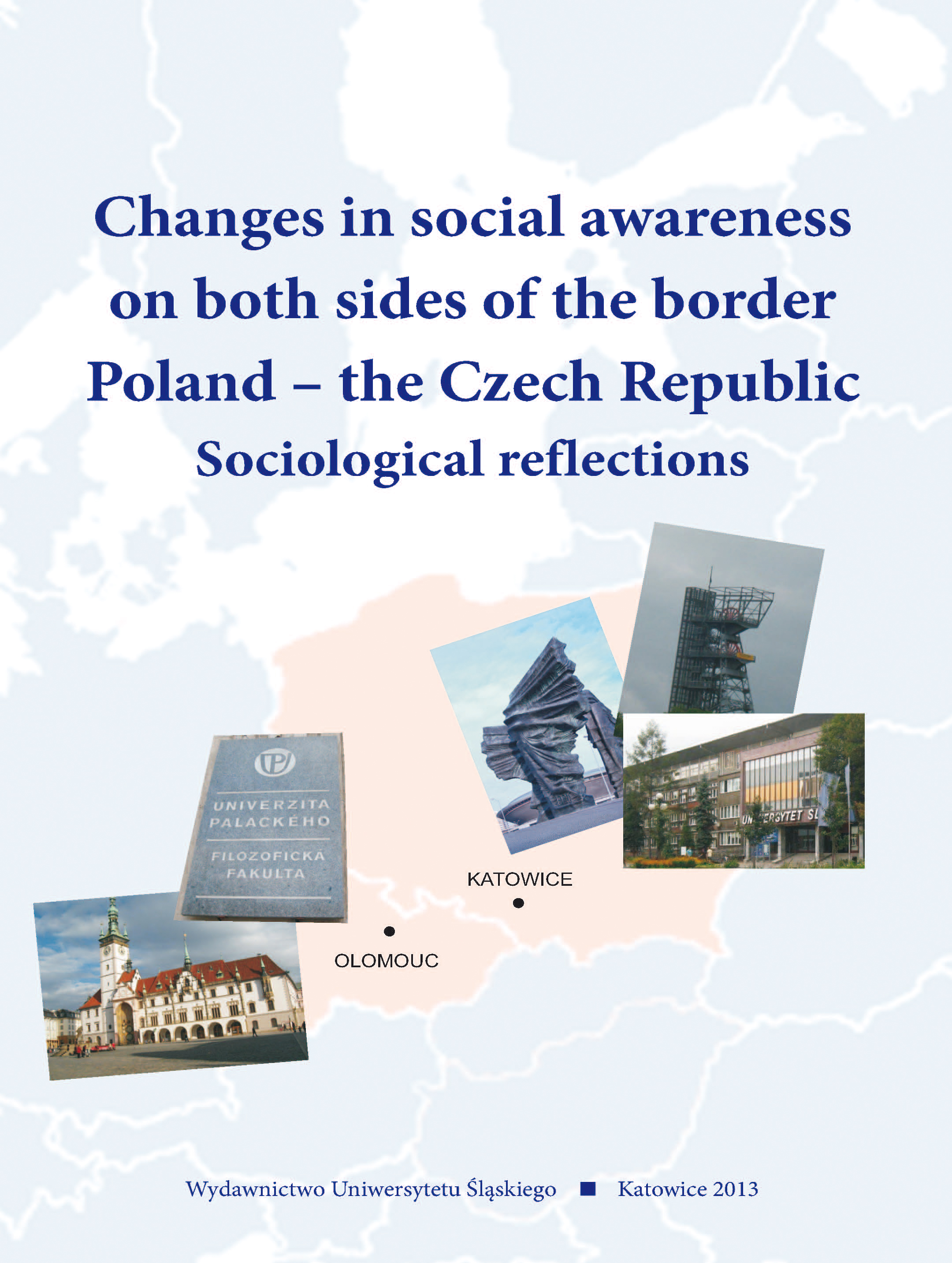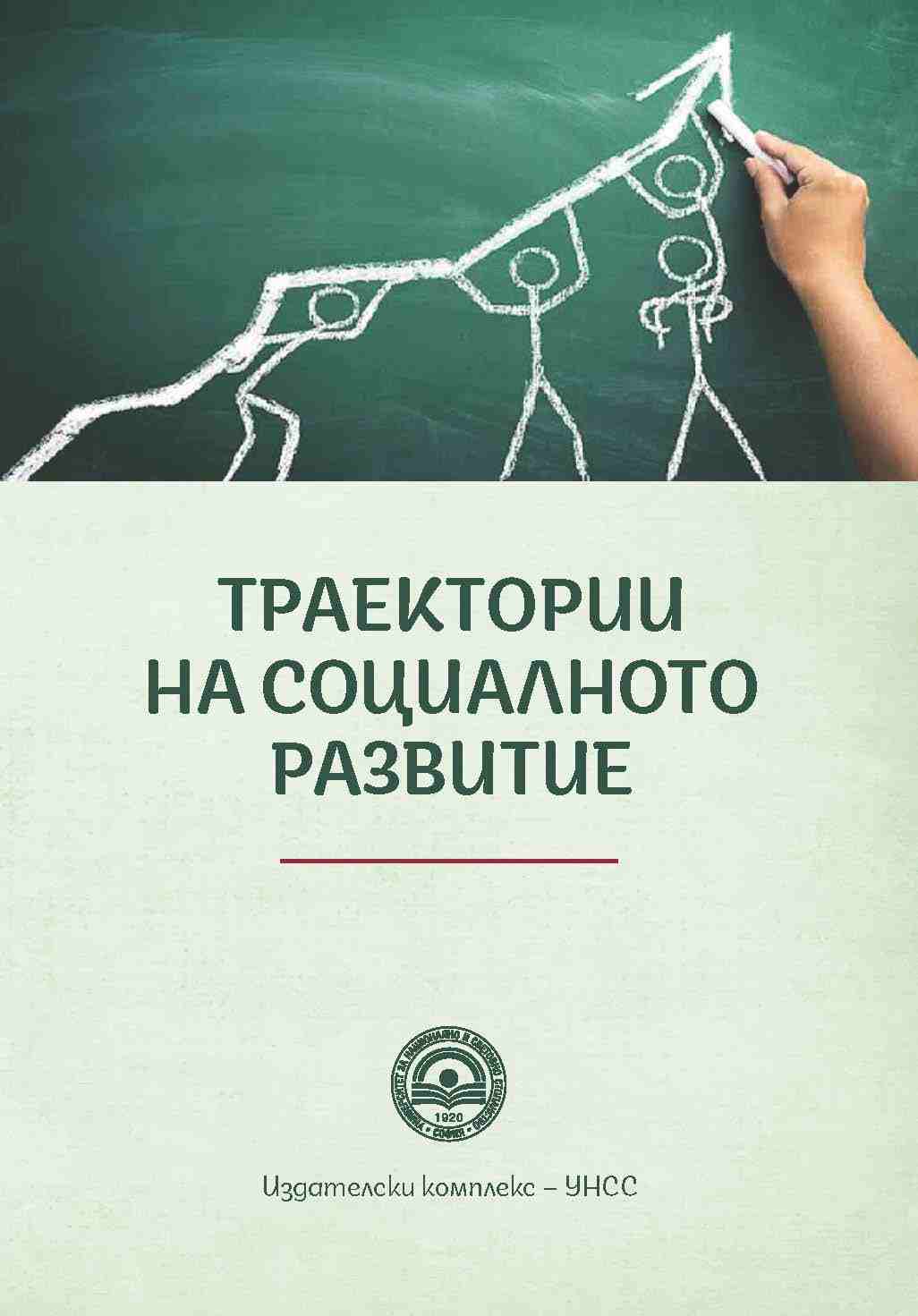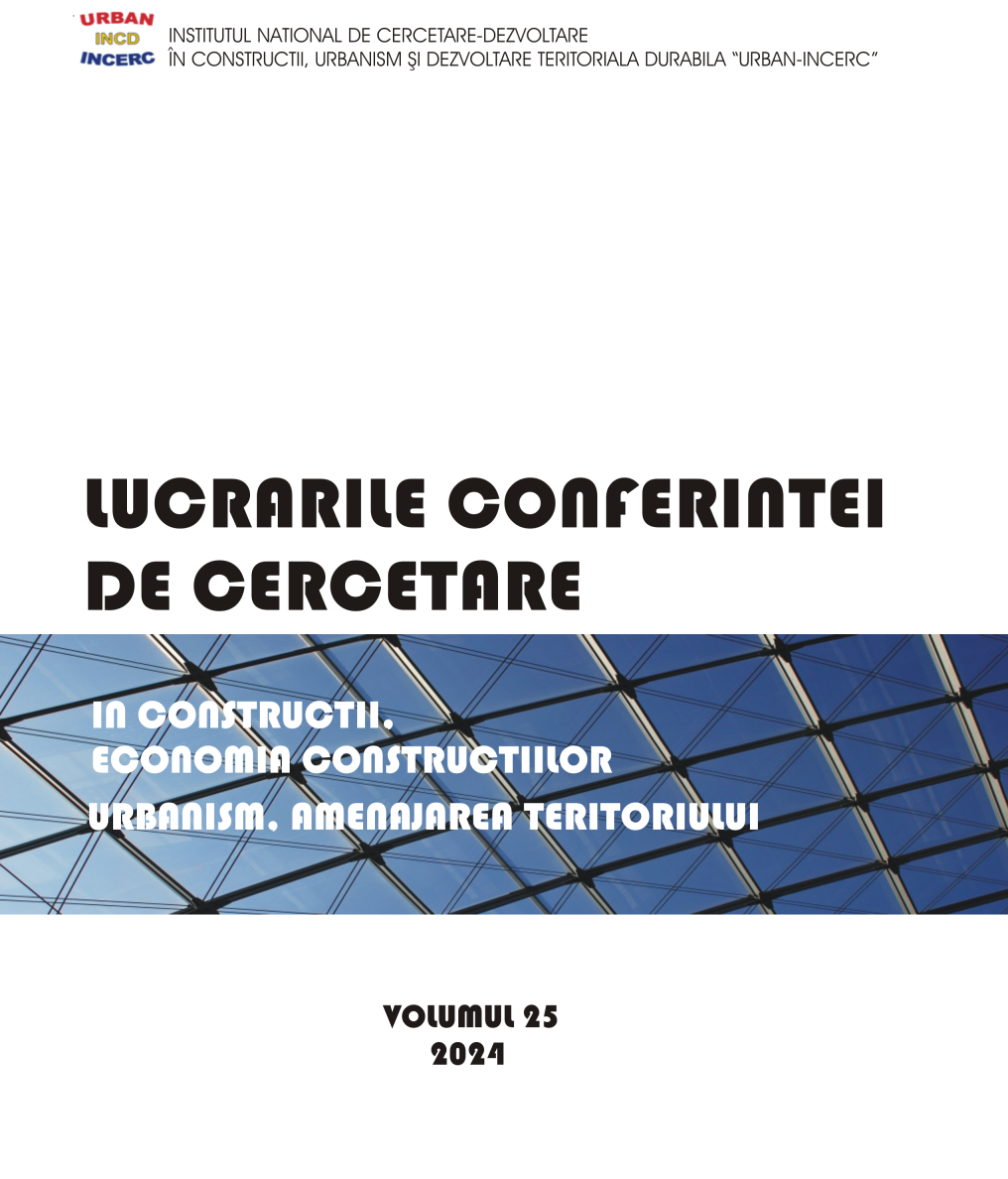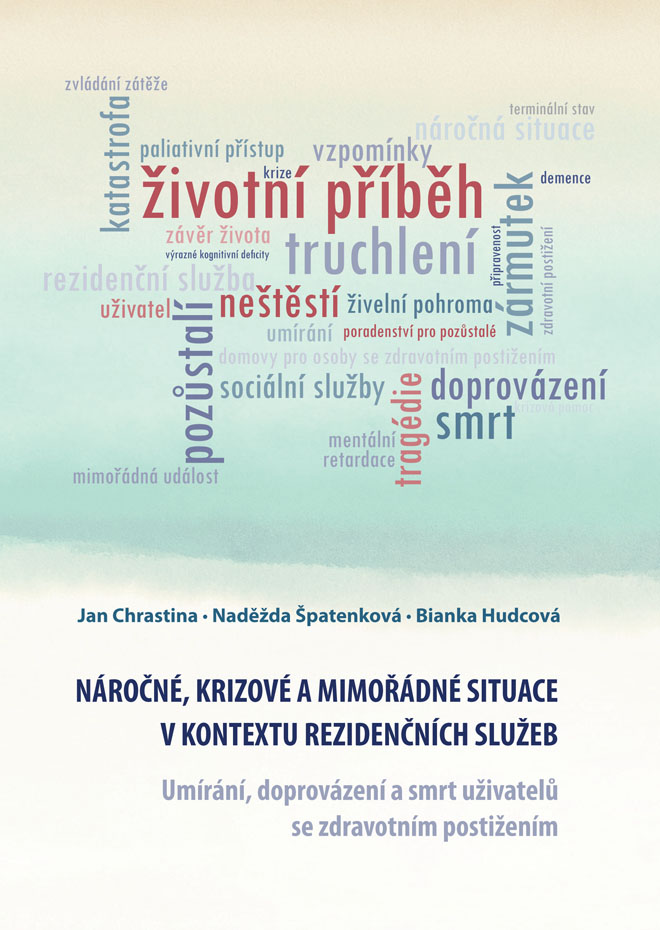Author(s): Ralitsa Veleva / Language(s): Bulgarian
The scope of research in this work is at the intersection of proactive public policies and poverty. These two phenomena co-exist in a mutually defining contradiction and active development. This challenge sparked my interest in exploring the ways through which states can deliberately improve the conditions of their citizens in both the short and long term. "Poverty" is a category commonly used in daily life as a synonym for hidden deprivation. Perceived primarily as a personal problem, it remains a constant focus of inevitable public interest. In colloquial language, linking existence with "poverty" naturally evokes associations with destitution, scarcity, indigence, and so on, almost always unconsciously connected to its antonym, well-being. This monograph is an attempt to investigate poverty as a social phenomenon within the context of a set of effective tools for its potential gradual reduction, examining it as past experience, present challenges, and future prognosis. Its "eradication" remains but a faint hope. This book results from years of efforts to decipher the mechanism of understanding the functioning of public policies within the context of the factor-determined nature of poverty. We have invested faith in these policies, emphasizing their recognition and role in the development of education (the bidirectional relationship between the two phenomena) to enhance human capital as an anti-poverty factor. Later, our analyses extended to the complex "poverty-health" relationship, including the link between public health expenditures and life expectancy, framed through the concept of "health poverty." At that stage, the state of poverty in the EU member states was fragmentarily addressed, with a focus primarily on Bulgarian theory and practice. These aspectual studies form the emotional foundation of the present work, placing at its core the examination of state interventions in the EU and their potential to ensure a better life for the population in each member state. Having established the strong correlation between the level of completed education (or the lack thereof) and poverty, and how people's health follows the trajectory of their economic and social status, we proceeded to a thorough theoretical analysis of this complex phenomenon in the context of public administration development in the current century. All these inquiries directed our attention to public policies as an instrument for societal governance in modern democracies, including the development of a mechanism to measure the bidirectional relationship "proactive policies-poverty" (based on extensive and in-depth circumstantial evidence), which forms the basis for generating contemporary measures to regulate levels of deprivation in EU countries. In this process, the key characteristic of these policies emerged: their forward-looking perspective, which provoked the use of proactivity as a protagonist in the study. The title of the book contains two focal points: "proactive public policies" (means) and "poverty reduction" (end). These two centers are mutually determined. The increase in poverty requires the formation of proactive policies, whose implementation reduces the intensity of the observed scarcity. The driving forces of poverty management relationships are the integrated potential of state, business and civil organisations, along with the regulatory significance of community bodies. The study is organized into three chapters. The first chapter argues the necessity and possibilities for effective public administration through the application of proactive public policies. The second chapter presents the essential characteristics of poverty, its integration into international analyses, and the attempt to propose a comprehensive indicator framework by understanding the picture that illustrates the state and problems of poverty in EU countries. The third chapter views poverty as a multidimensional phenomenon that affects the choice of socioeconomic action alternatives. Measures for its possible reduction are proposed within the context of feasible political interventions. The conclusion of the study does not contain direct primary findings from the exposition, but through dialogical summaries, it models the diverse palette of the connection between poverty and key proactive factors and expected results. The aim of the research is to present and interpret the necessary "requisites" for the development and implementation of a comprehensive proactive policy for poverty reduction based on the accumulated achievements in this direction by EU countries. The adopted logic of presentation and analysis techniques, though addressing the specific problem of poverty/proactive policies, is applicable to solving other socioeconomic challenges faced by contemporary societies. The methodology of the study is based on the combination of a system approach with positive and normative analysis. The theoretical views on "proactive public policies" and the conceptual coherence between inequality and poverty are based on the analysis of literary sources and document research (desk analysis). In the second and third chapters, a comparative empirical approach is used in combination with the analysis and synthesis of existing best practices. The study contains current empirical material, distinguished by the structured presentation of arguments and tools for the formation and impact of public policies. Evidence is supported by correlation analysis, which evaluates the strength and direction of poverty dependence and its influence on long-term interventions. The study's limitations concern the period from 2011 to 2021/2022, and the observed countries are EU member states. Without bias towards any of them, Bulgaria and Romania are often subject of additional analyses due to their unfavourable position concerning public management of poverty.
More...









